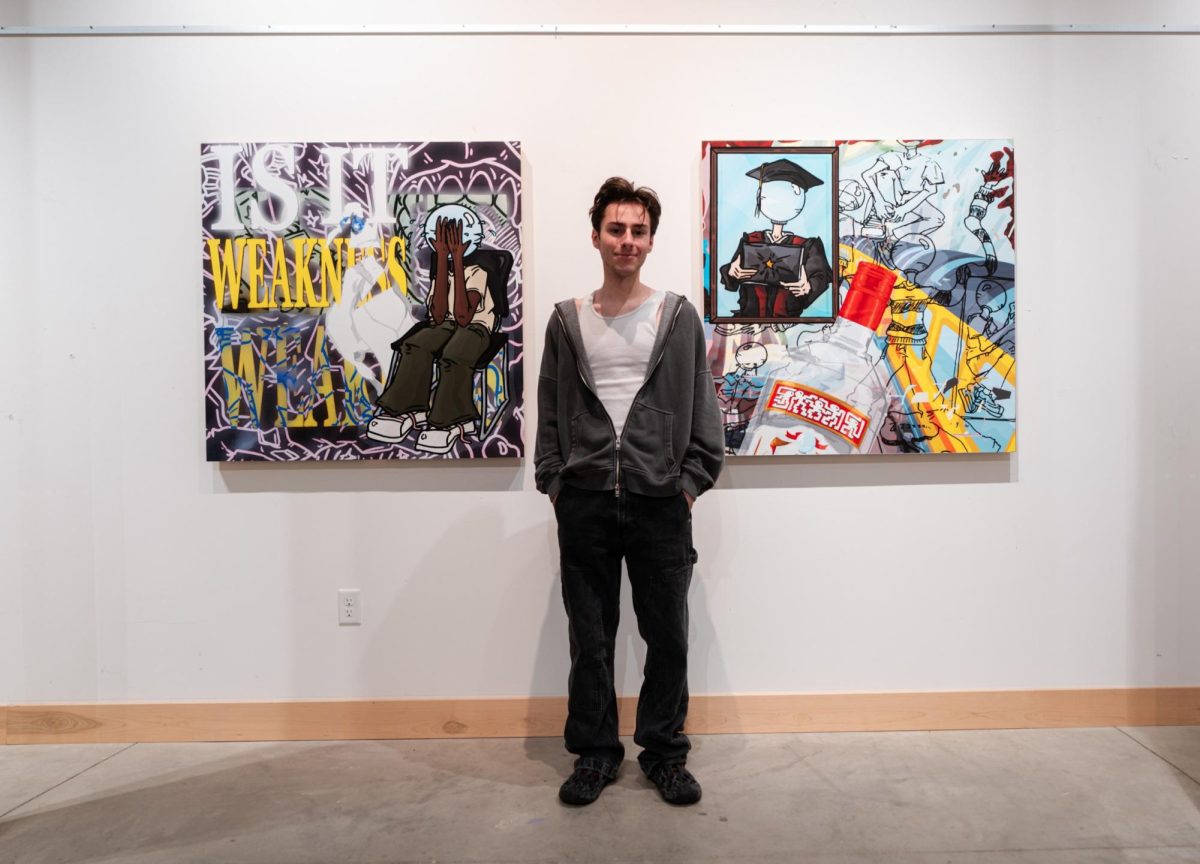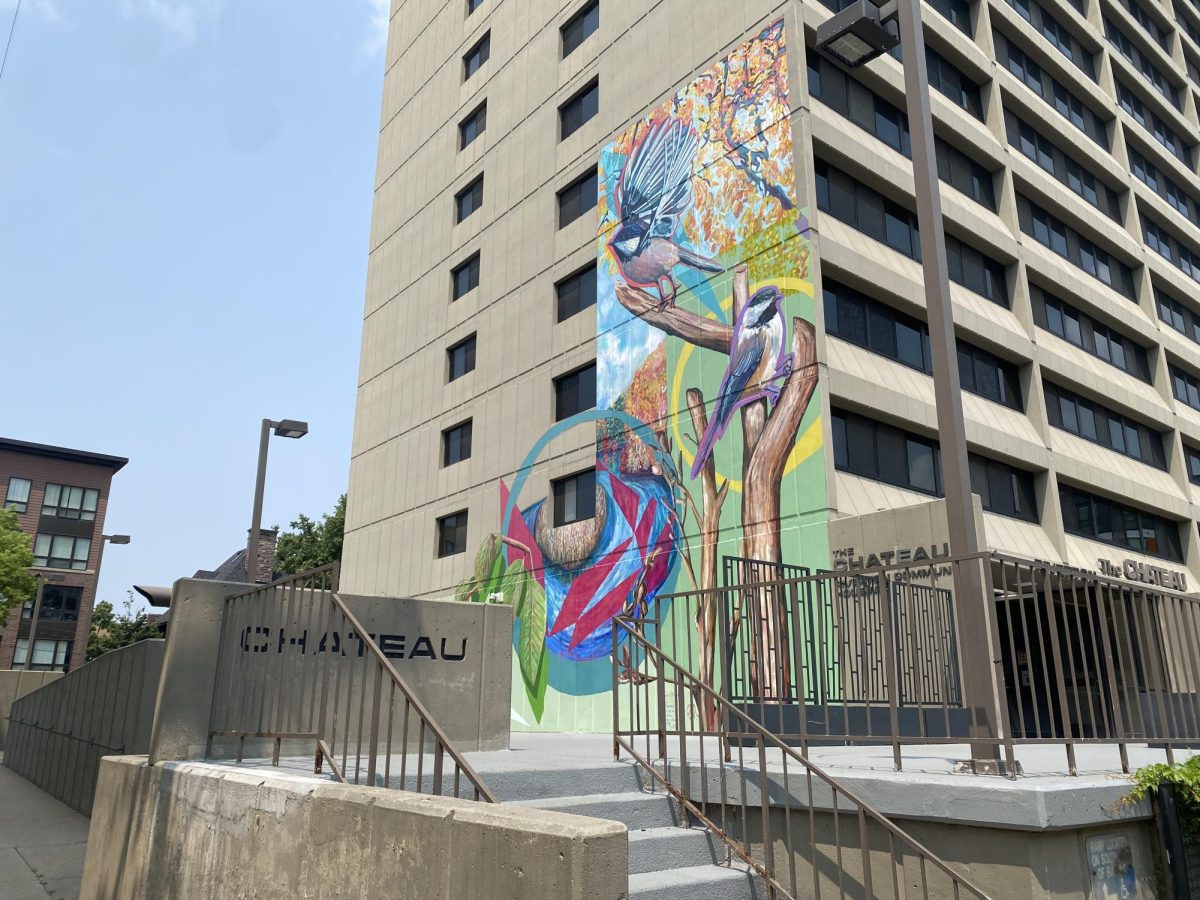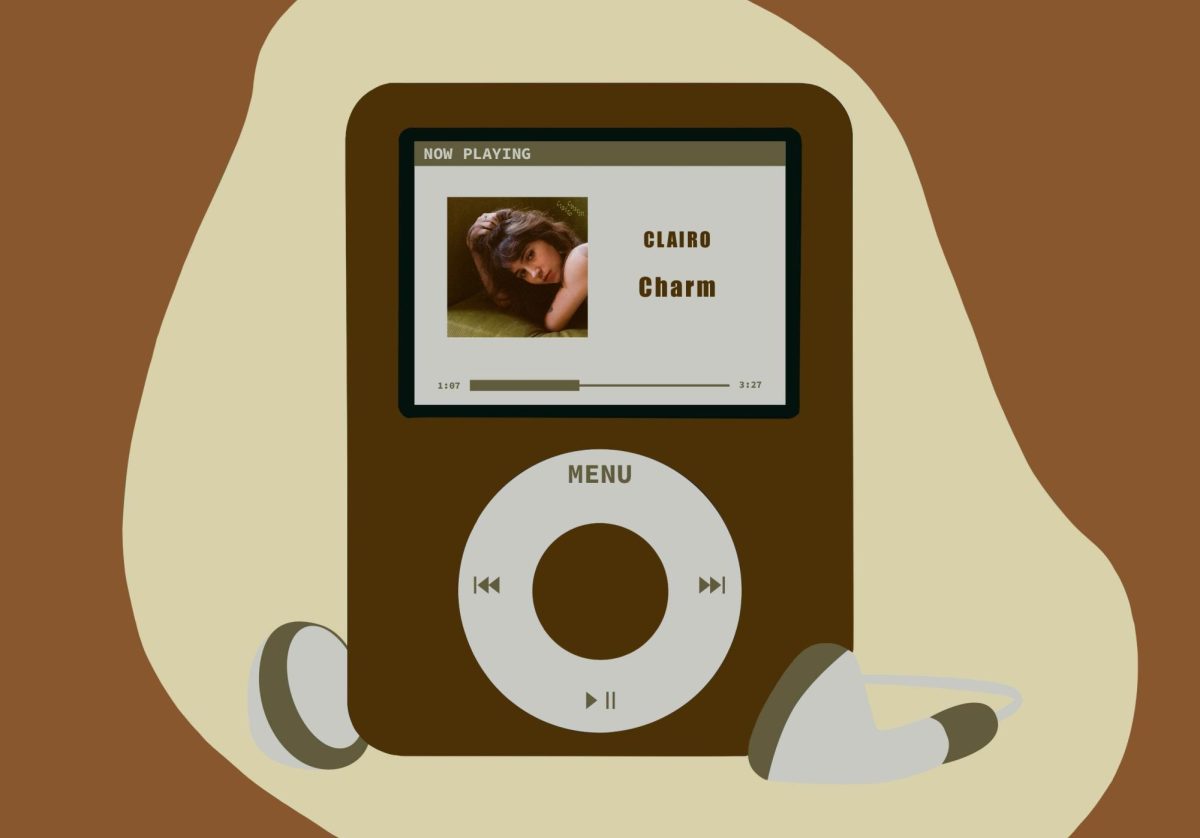The threat of violence against us because of who we are is a terrifying prospect. Hate crimes raise many questions for society to deal with, and one of the ways to resolve those questions is through theater.
“The Laramie Project,” by Moises Kaufman, documents the grim, true-life murder of Matthew Shepard, an openly gay student at Wyoming College, and the aftermath of the murder.
The GLBT Programs Office is co-presenting the play with the Department of Theatre Arts and Dance.
“From my perspective, its primary intention is not entertainment,” said Bonnie Schock, the director of the University’s production.
One night after he met two men at a bar, Shepard was driven to the outskirts of the small town of Laramie, Wyo., tied to a fence and severely beaten. When he was found 18 hours later in nearly freezing temperatures, Shepard was just barely breathing.
He died shortly thereafter.
After Shepard’s death, the Tectonic Theater Project went to Laramie to speak with its residents about the murder.
“The Laramie Project” is a collection of more than 200 recorded interviews with the townspeople, as well as excerpts from some of the project members’ journal entries.
Because there are so many different characters depicted in the play, actors play multiple roles, often switching the sex, sexual orientation, age and ideals of their characters.
For example, University theater student Danny Salmen plays three characters: an openly gay man, one of Shepard’s killers and one of the killer’s cellmates.
“The thing that’s difficult is that you don’t want to stereotype,” Salmen said of the challenge of switching back and forth between such vastly different characters.
Schock said she hopes that this resistance to easy stereotyping will create a “launching point” for tough conversations.
The production is meant to be “a catalyst for people to reflect,” Schock said.
B David Galt, the director of the GLBT Programs Office at the University, spoke with the Daily about hate crimes.
“Compared to spring semester of 2003 and then looking at fall semester of 2004, our office has seen 10 times the number of reports,” Galt said.
Galt notes that, even while most viewers are horrified by the murder of Shepard and the brutality of crime, everyone should still wonder, “How is it here in Minnesota?”
To that end, a symposium titled “How is it Here?” will be April 15. It will make the point that, unfortunately, what occurred in Laramie was not just a random, once-in-a-lifetime event. Hate crimes happen frequently, as Galt pointed out, here in Minneapolis and even on the University campus.
Judy Shepard, Matthew Shepard’s mother, will be the keynote speaker at the symposium, along with a panel of speakers that will facilitate conversation on related topics.
Although Shepard’s story will be the main topic at the symposium, the lives of University students who are gay and the struggles they have faced will also be highlighted.
For example, Joshua Haglund, a University graduate, was murdered outside of his residence in Armenia in May. He was teaching in Armenia, and although it has never been confirmed he was murdered because of his sexual orientation, officials have ruled out robbery and have said his murder appeared to be one of passion.
Galt said many people in Armenia are not tolerant of homosexuality, and Haglund was not someone who hid his sexual orientation.
The GLBT programs office is creating the Joshua Haglund Fund, which will help students who are active in the GLBT community and who want to study abroad.
The programs office is also installing posters at Rarig Center that will tell stories about the lives of various gay students at the University.
Galt said he hopes the posters will encourage everyone to recognize who is victimized when people commit hate crimes.
“You’re doing it against another person,” Galt said, as “The Laramie Project” shows.
















